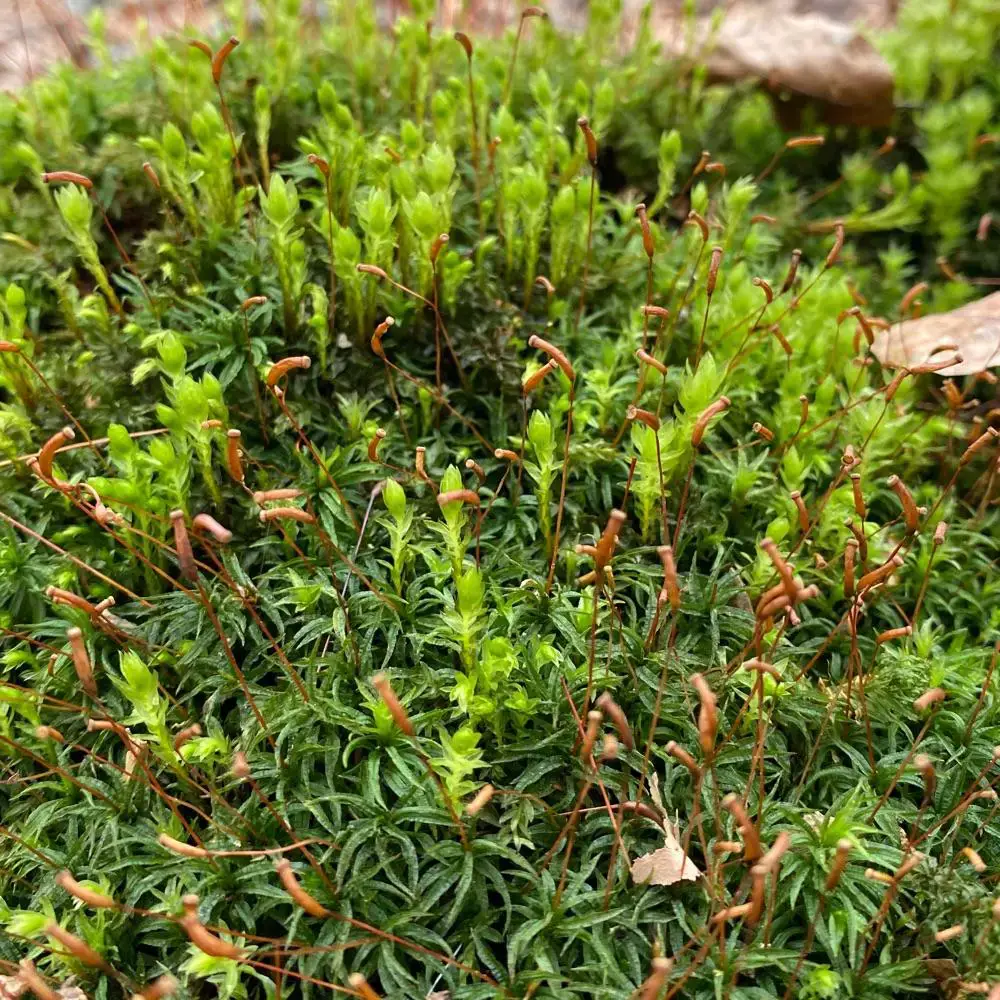
47598546.jpg from: https://observation.org/photos/47598546/
Introduction
In the vast and captivating world of bryophytes, one particular moss species stands out for its unique beauty and resilience:
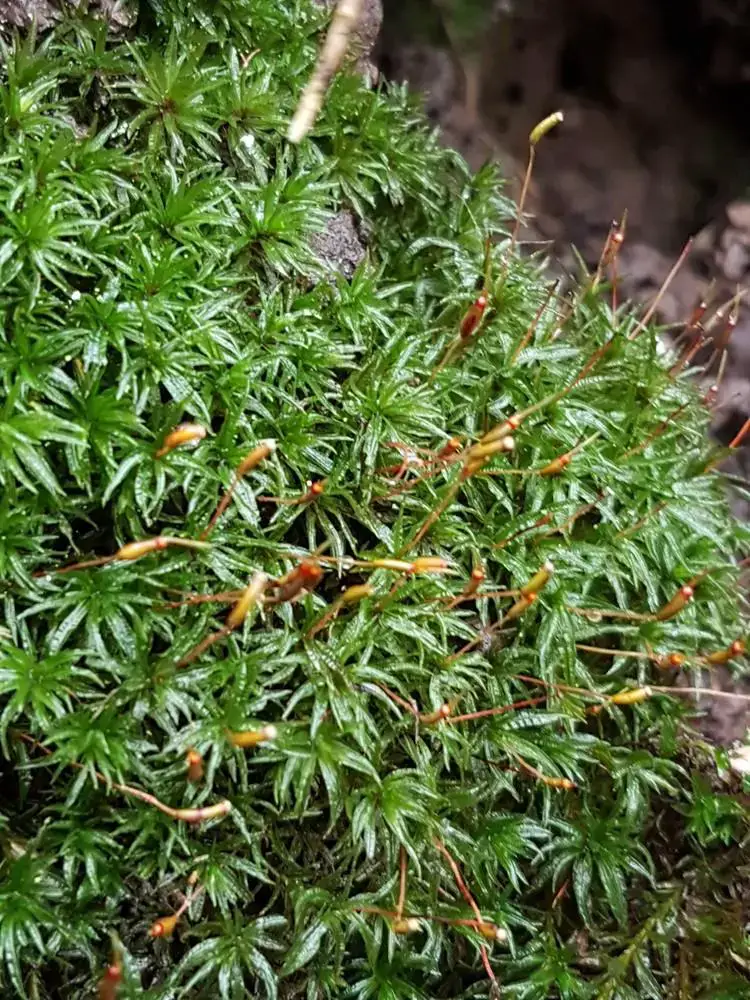
45785449.jpg from: https://observation.org/photos/45785449/
Atrichum undulatum (Hedw.) P.Beauv., commonly known as Atrichum. This remarkable member of the Polytrichaceae
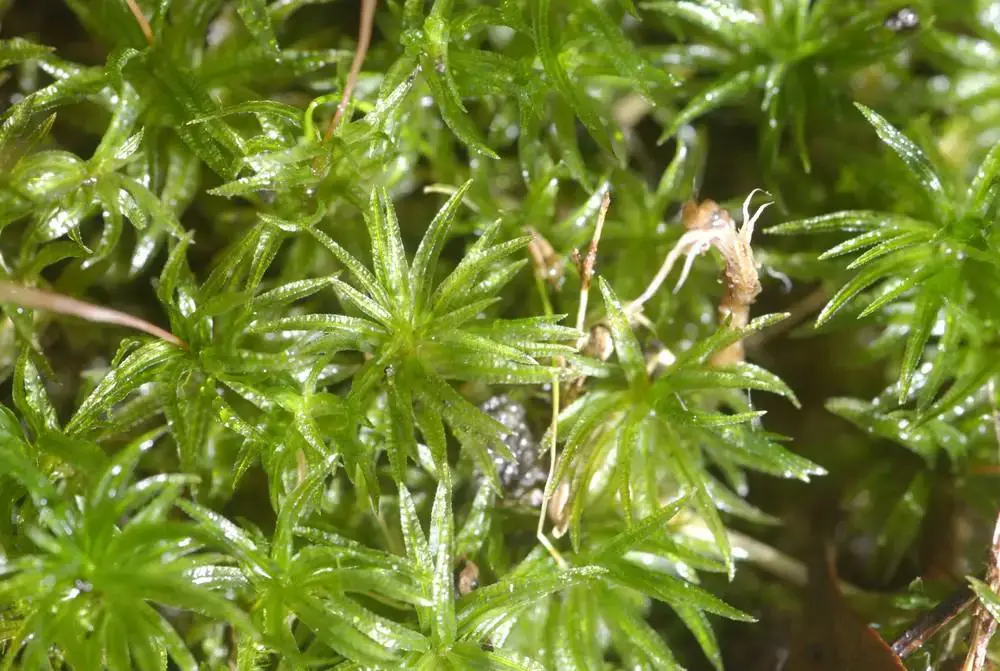
45262124.jpg from: https://observation.org/photos/45262124/
family has captured the hearts of moss enthusiasts worldwide, offering a fascinating glimpse into the intricate tapestry of nature’s smallest wonders.
Background
Before delving into the intricacies of Atrichum undulatum, it’s essential to understand the broader context of bryophytes. These non-vascular plants, which include mosses, liverworts, and hornworts, are often overlooked but play a crucial role in various ecosystems. They are among the oldest land plants on Earth, dating back to the Paleozoic era, and have adapted to thrive in diverse environments, from the Arctic tundra to tropical rainforests.
Main Content
Morphology and Identification
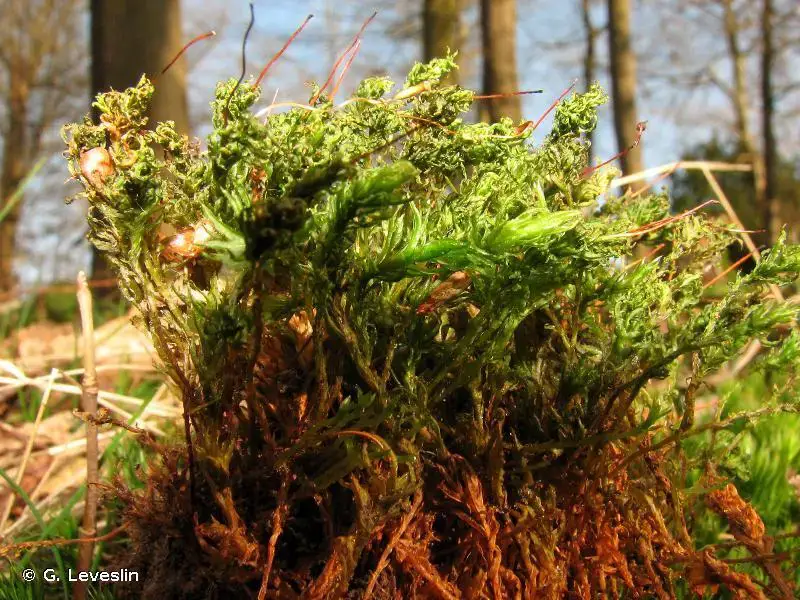
154270.jpg from: https://inpn.mnhn.fr/espece/cd_nom/3853/tab/fiche
Atrichum undulatum is a striking moss species that can be easily identified by its distinctive features. The gametophyte stage, which is the dominant phase in the life cycle of mosses, consists of undulating (wavy) leaves arranged in a spiral pattern around the stem. These leaves are lanceolate
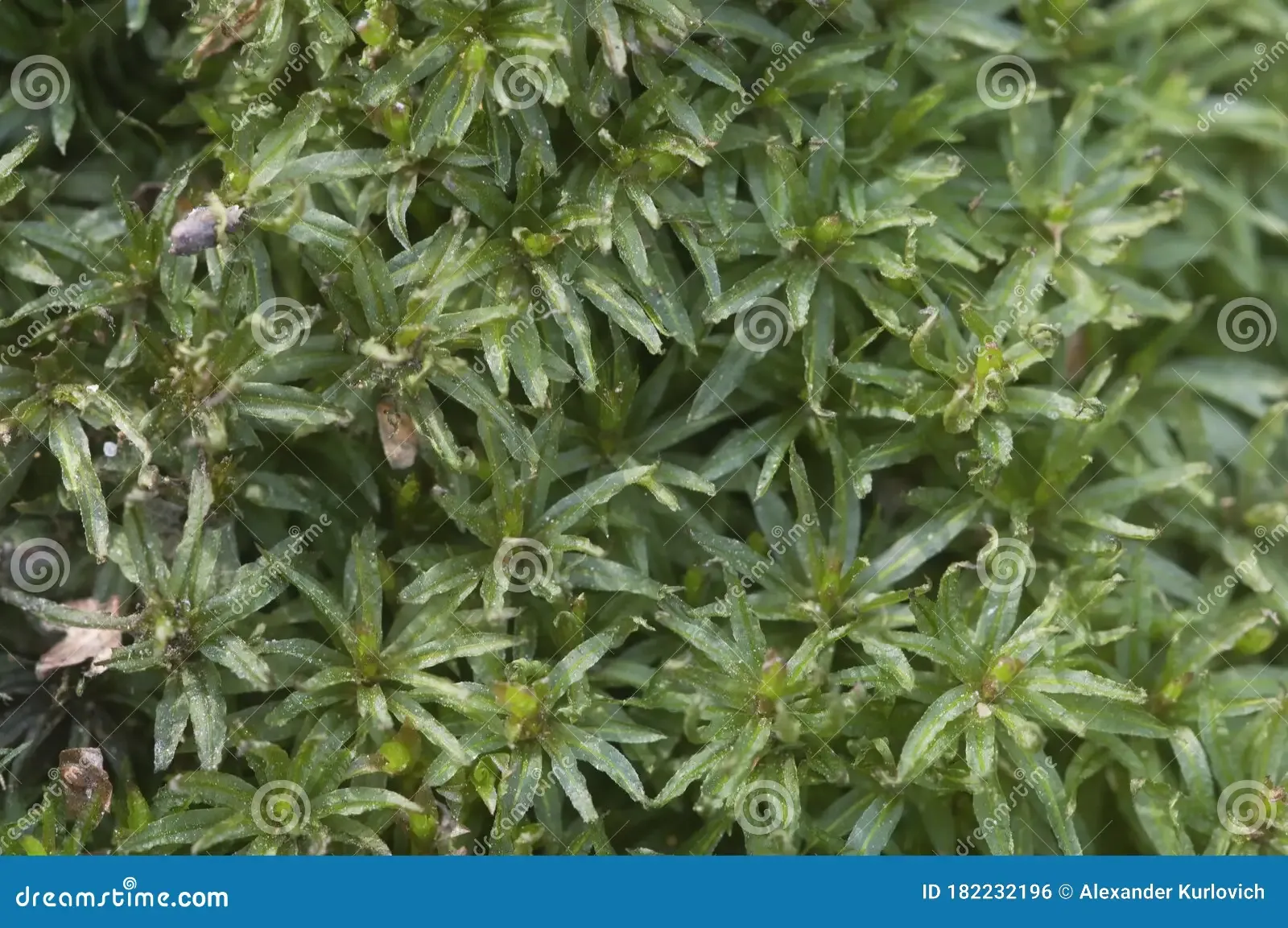
moss-atrichum-undulatum-close-up-shot-local-focus-182232196.jpg from: https://www.dreamstime.com/moss-atrichum-undulatum-close-up-shot-local-focus-image182232196
(lance-shaped) and serrated along the margins, giving the plant a delicate yet rugged appearance.
One of the most remarkable characteristics of Atrichum undulatum is its calyptra, a protective cap that covers the developing sporophyte (spore-bearing structure). This calyptra is hairy and cylindrical, resembling a tiny furry hat perched atop the plant. When the sporophyte matures, it develops a reddish-brown seta (stalk) that supports the capsule, where the spores are produced.
Global Distribution and Habitat
Atrichum undulatum is widely distributed across the globe, thriving in various habitats ranging from temperate to tropical regions. It can be found in moist, shaded areas such as forests, woodlands, and even urban parks. This moss species is particularly fond of well-drained, acidic soils rich in organic matter, often growing on decaying logs, stumps, or the base of trees.
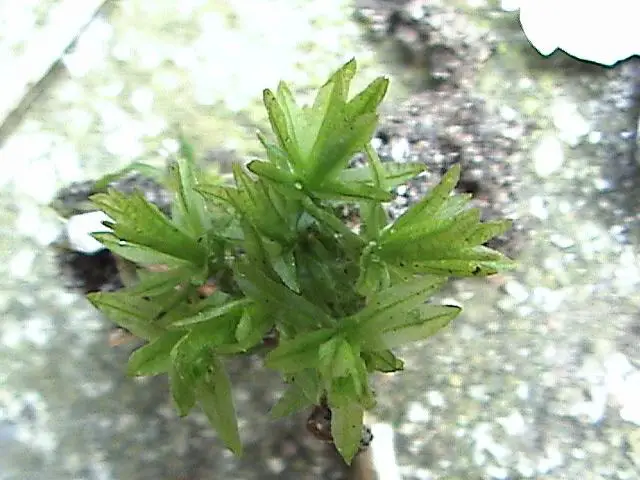
atrichum-undulatum-t00258-46.jpg from: http://azoresbioportal.uac.pt/es/especies-de-las-azores/atrichum-undulatum-11832/
Ecological Roles and Adaptations
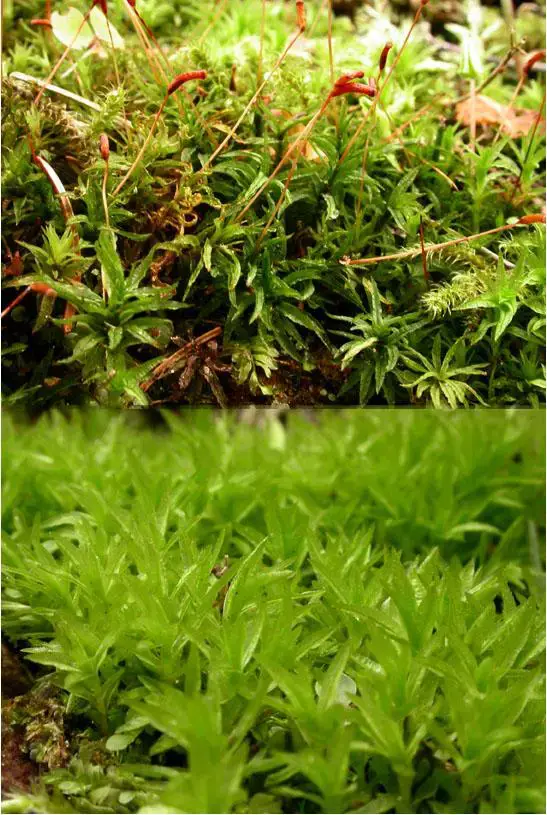
post-58-1083272639.jpg from: https://forum.mikroscopia.com/topic/470-atrichium-undulatum-hedw-pbeauv/
Despite their diminutive size, mosses like Atrichum undulatum play vital roles in their ecosystems. They act as pioneers, colonizing bare or disturbed areas and facilitating the establishment of other plant species. Additionally, they contribute to soil formation and moisture retention, creating favorable conditions for other organisms to thrive.
Atrichum undulatum has developed remarkable adaptations to survive in its environment. Its undulating leaves help to channel water towards the base of the plant, ensuring efficient moisture absorption. The hairy calyptra protects the developing sporophyte from desiccation and other environmental stresses, while the reddish-brown seta aids in spore dispersal.
Case Studies/Examples
In a recent study conducted in the Pacific Northwest region of North America, researchers discovered that Atrichum undulatum played a crucial role in the recovery of forest ecosystems after disturbances such as logging or wildfires. The moss’s ability to rapidly colonize disturbed areas and create a suitable microhabitat facilitated the establishment of other plant species, accelerating the process of forest regeneration.
Technical Table
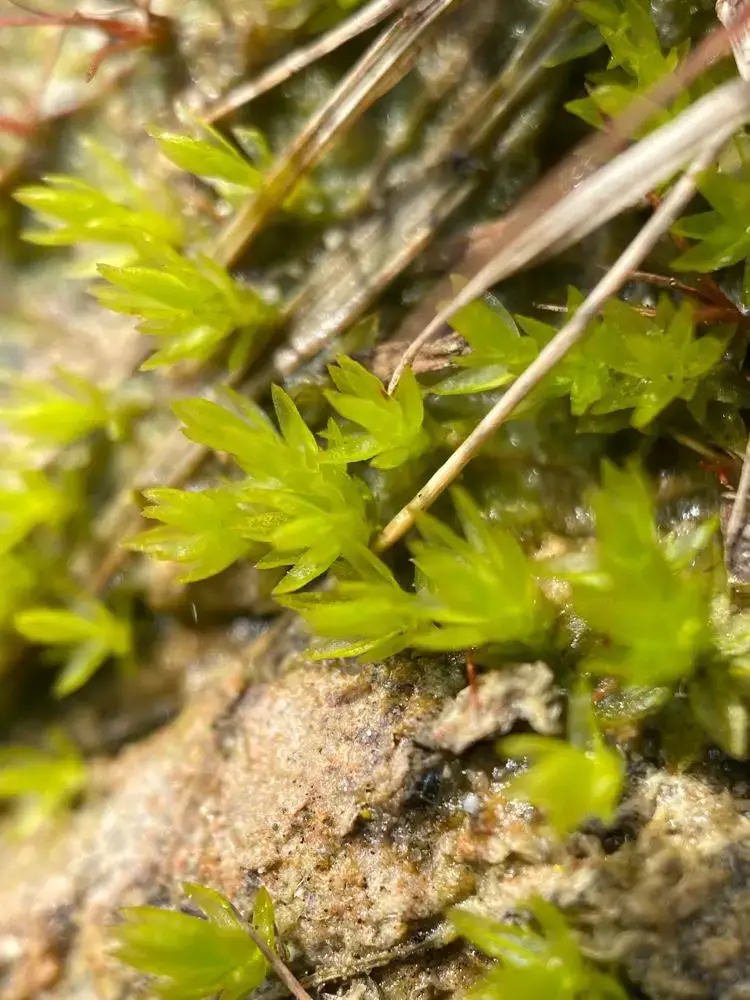
34285076.jpg from: https://waarneming.nl/waarneming/view/210269296?_popup=1
| Characteristic | Description |
|---|---|
| Phylum | Bryophyta |
| Class | Polytrichopsida |
| Family | Polytrichaceae |
| Genus | Atrichum |
| Species | Atrichum undulatum (Hedw.) P.Beauv. |
| Common Name | Atrichum moss |
| Gametophyte | Undulating, lanceolate leaves arranged spirally |
| Calyptra | Hairy, cylindrical |
| Seta | Reddish-brown |
| Capsule | Spore-bearing structure |
Conclusion
Atrichum undulatum, the unassuming yet captivating moss species, serves as a testament to the incredible diversity and resilience of bryophytes. Its unique morphological features, global distribution, and ecological roles make it a fascinating subject of study for moss enthusiasts and naturalists alike. As we continue to explore and appreciate the intricate world of mosses, perhaps we can ponder this thought-provoking question: In a world dominated by towering trees and vibrant flowers, what secrets and wonders might these tiny, unassuming plants hold, waiting to be uncovered?
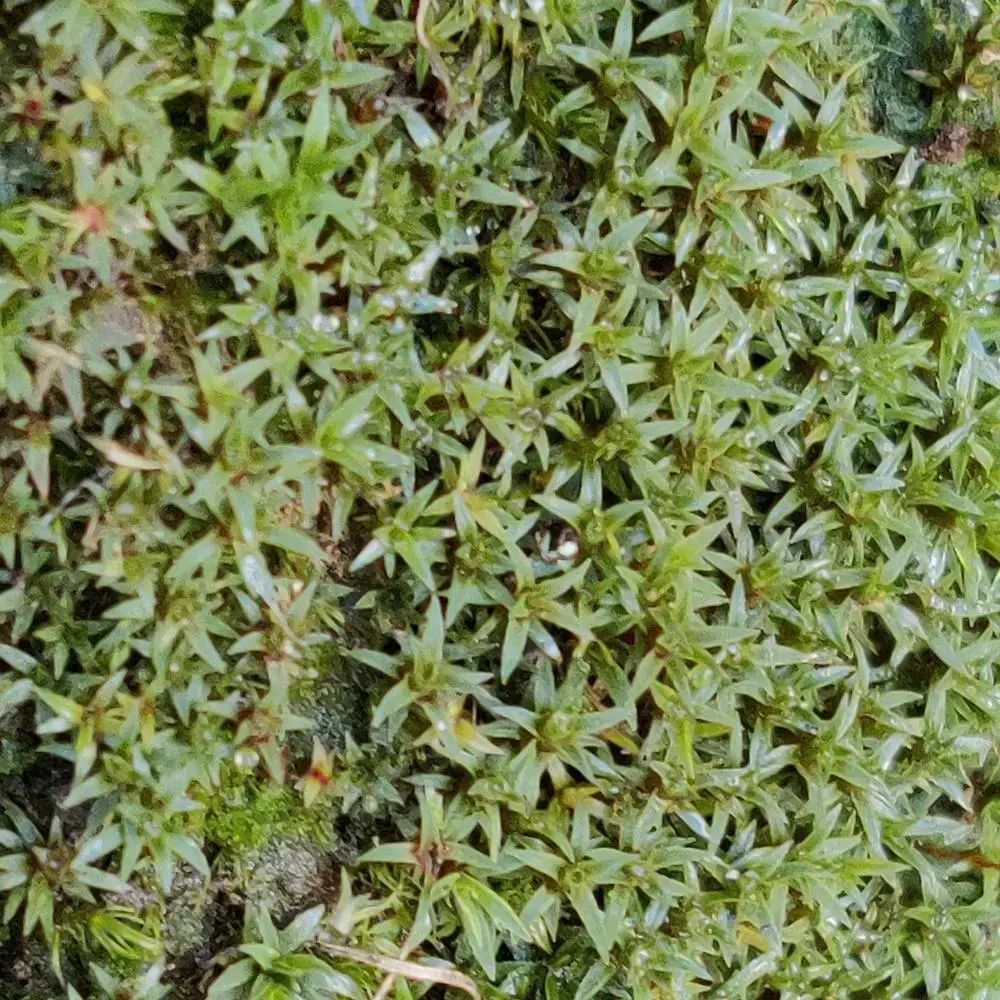
32626710.jpg from: https://observations.be/observation/204415542/
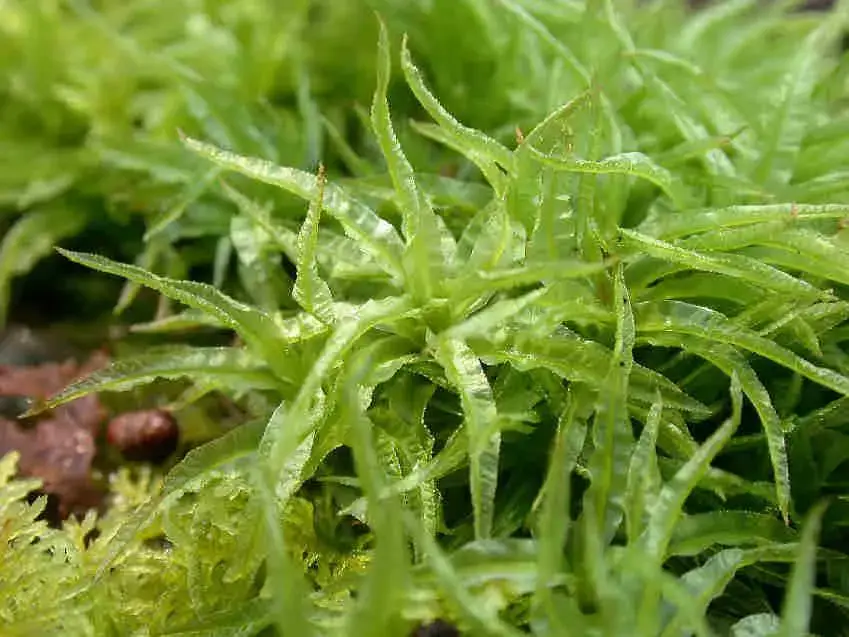
Atrichum_undulatum_002.JPG from: https://cisfbr.org.uk/Bryo/Cornish_Bryophytes_Atrichum_undulatum_var_undulatum.html